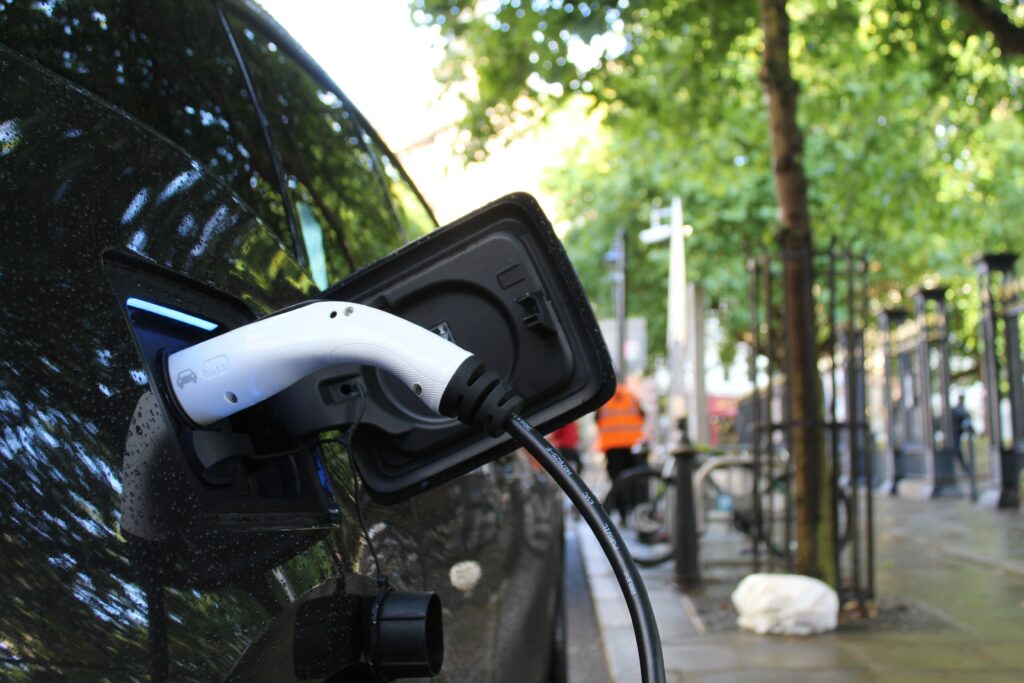The non-profit New Automotive has released a new report offering a snapshot of the UK’s electric vehicle (EV) charging infrastructure, revealed that the UK’s infrastructure rollout is on track to meet Government targets.
The On the Road to 2030 report also highlighted that EV drivers experience significant running cost savings compared to fossil fuelled cars, even when charging at 68.7p/kWh.
The average cost of charging at most chargepoints is below 68.7p/kWh, delivering even more savings for EV drivers. This includes the average charging cost of the UK’s four largest public providers: Podpoint (47p/kWh); Chargeplace Scotland (30p/kWh), Ubitricty (42p/kWh), and BpPulse (52p/kWh).
Despite financial incentives, the report cautioned that a number of disincentives to the uptake of EVs remained and labelled a lack of industry uncertainty around future demand for EVs as a “major barrier”.
Another obstacle to chargepoint installation recorded by the report was the cost of upgrading local electricity connection to allow for higher usage, nonetheless the report forecast that Ofgem’s recent decision to reform charges for electrical grid connections should help remedy this.
Two additional disincentives include regulatory changes and difficulty in securing planning permission to lay new electrical cabling across land. However, the report noted that the Government’s Zero Emission Vehicle (ZEV) mandate will be “key” to addressing these barriers and ensuring the charging network grows at pace.
“There have been a lot of concerns recently about the UK’s electric car charging infrastructure. This report represents the most comprehensive examination thus far carried out on the UK’s fledgling charging infrastructure industry. The findings are reassuring, especially given recent concerns around the rate of network growth,” said research and policy officer and New AutoMotive, Ciara Cook.
“The network is not perfect – it is still a work in progress, and there are definitely still teething problems with both the existing infrastructure and the rollout of new infrastructure. However, the rollout is progressing at an adequate pace, growing by a third every 12 months, and the UK is on track to meet the government’s target of 300,000 public chargers by 2030.”
“The government can speed up the rate of the network’s growth by addressing the barriers identified in this report. The most crucial barrier the government can help industry overcome is uncertainty about future demand for public charging services. The forthcoming ZEV mandate is the most powerful tool at the government’s disposal as it seeks to overcome these barriers; it will ensure the supply of EVs in the UK meets demand, resulting in more electric cars on the road, and providing the charging infrastructure industry the security and certainty it requires to continue to grow at pace.”
Last week the UK Government and energy regulator Ofgem published the EV Smart Charging Action Plan and announced that mart charging projects will receive £16 million funding from the Net Zero Innovation Portfolio.






